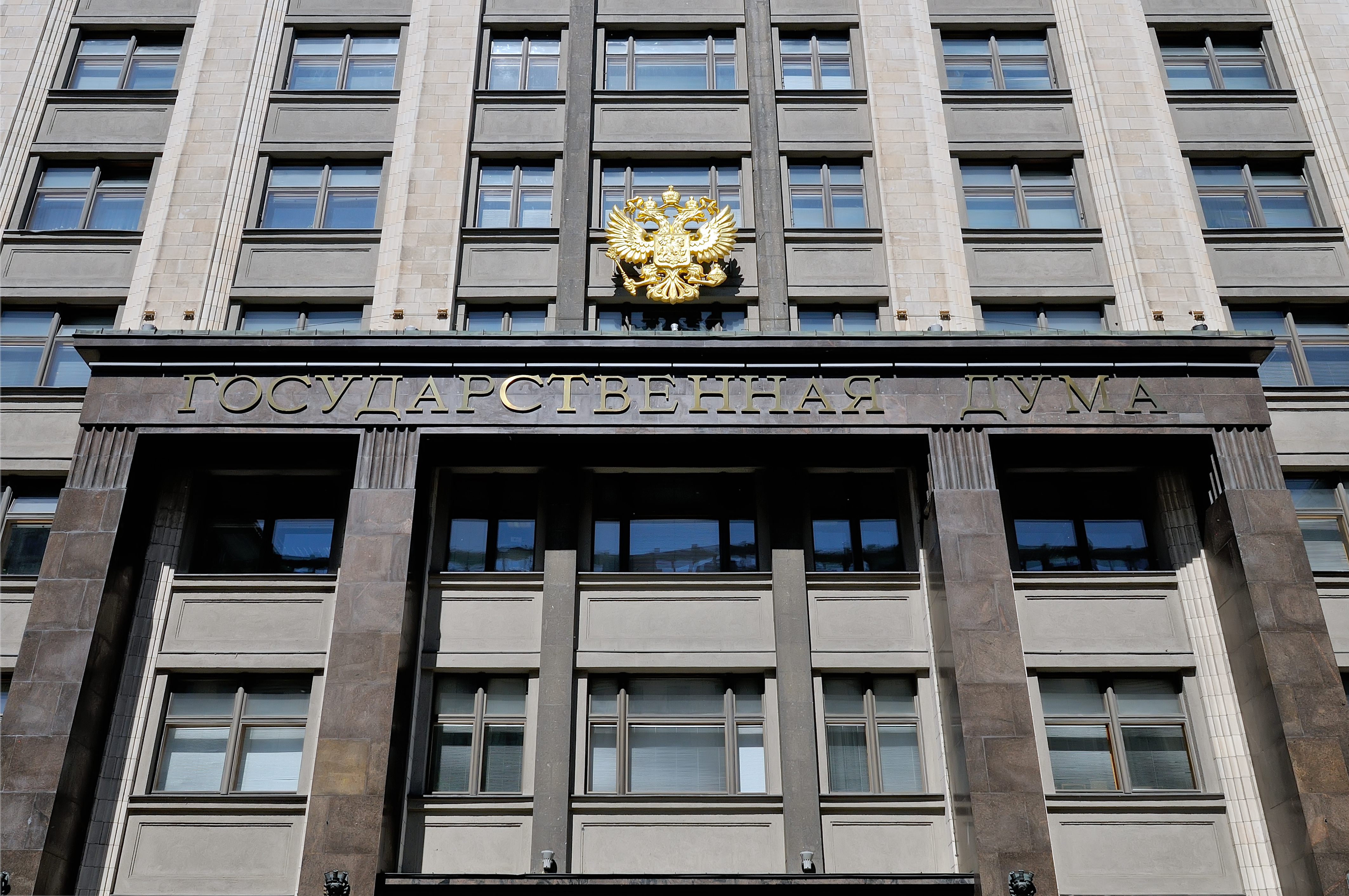MPs Set to Vote on Mining Bill That Would Let Russians Pay Cross-border with Crypto

Source: FedotovAnatoly/Adobe
A top Russian politician has said that a crypto mining regulation bill has been submitted to parliament – and that the bill would also allow Russians to use crypto “as a means of payment” outside the country. Moscow has previously banned the use of crypto pay domestically.
In an interview with Radio Sputnik, Anatoly Aksakov, the Chairman of the State Duma’s committee on the financial markets, stated:
“We have introduced a bill that allows [people] to engage in legalized mining. That is, the issuance and circulation of cryptocurrencies. But [under the terms of the bill,] cryptocurrencies can only be used as a means of payment outside Russia – in foreign jurisdictions.”
Aksakov, who has acted as Moscow’s chief architect of Russian crypto legislation – both past and proposed – added that the bill would be “a step” in a “new direction” for “the development of financial markets” in Russia.
He also claimed that the new bill would open the door for further crypto adoption in the world of trade.
Aksakov added that “the bill states that if an experimental mode of using cryptocurrencies is implemented, then it would be possible” to use such a “mode” to “pay for parallel imports.”
Will New Crypto Mining Bill Succeed Where Others Failed?
RBC reported that last week, Anton Gorelkin, the Deputy Chairman of the Duma’s information policy committee also teased the “imminent submission” of a crypto mining bill that he said “takes into account the positions of the Central Bank and the Ministry of Finance.” Gorelkin added that the bill would “not threaten the ruble as the only means of payment in Russia.”
The crypto-skeptic Central Bank and the more progressive Ministry of Finance have been at loggerheads over crypto policy for the past few years.
Gorelkin added that the bill would “contain important provisions on cross-border crypto payments” and would also provide a legal framework for the “development of domestic cryptocurrency infrastructure.”
A private members’ bill drafted by MPs from the New People Party was rejected in the Duma earlier this month, with critics calling the proposal “fragmented and obviously lacking.”
MPs at the time stated that the rejected bill did not “meet legislative requirements of completeness, certainty, and ambiguity.”
Nhận xét
Đăng nhận xét